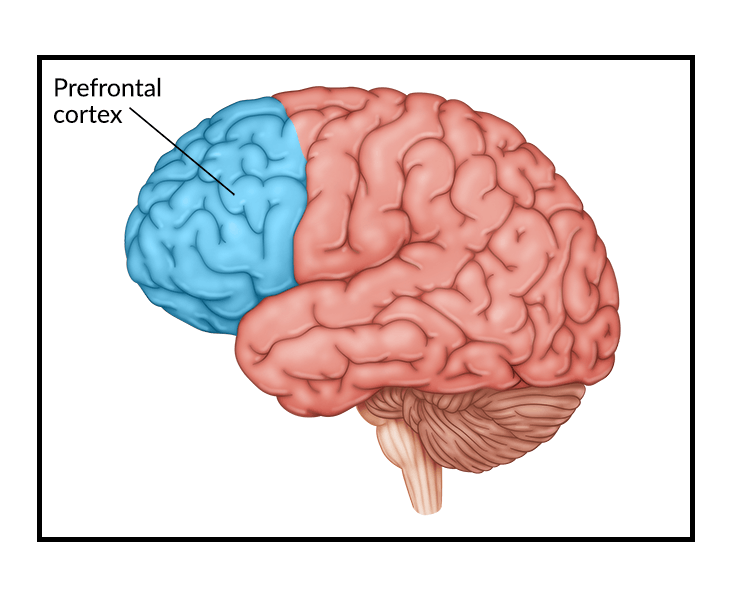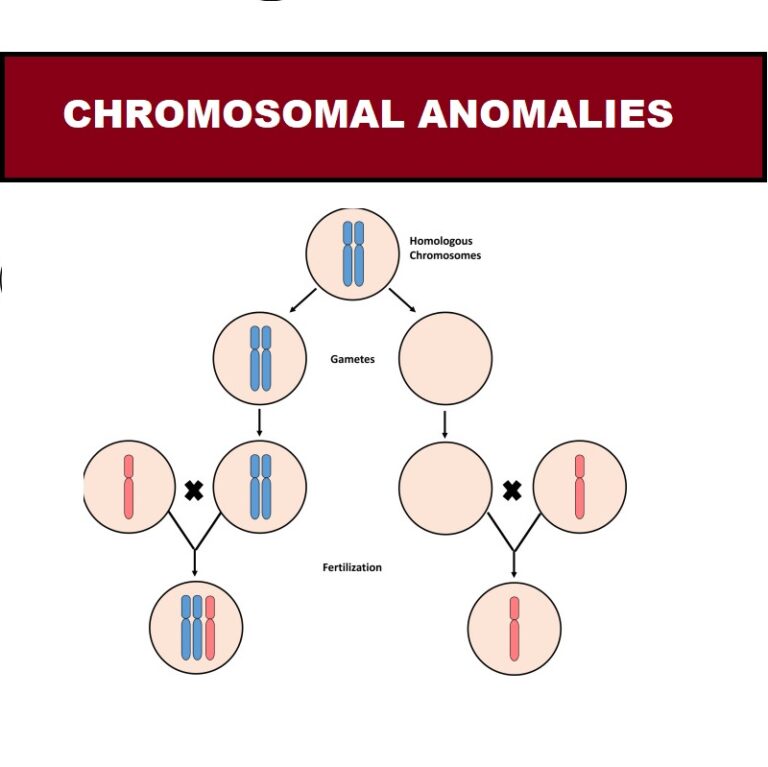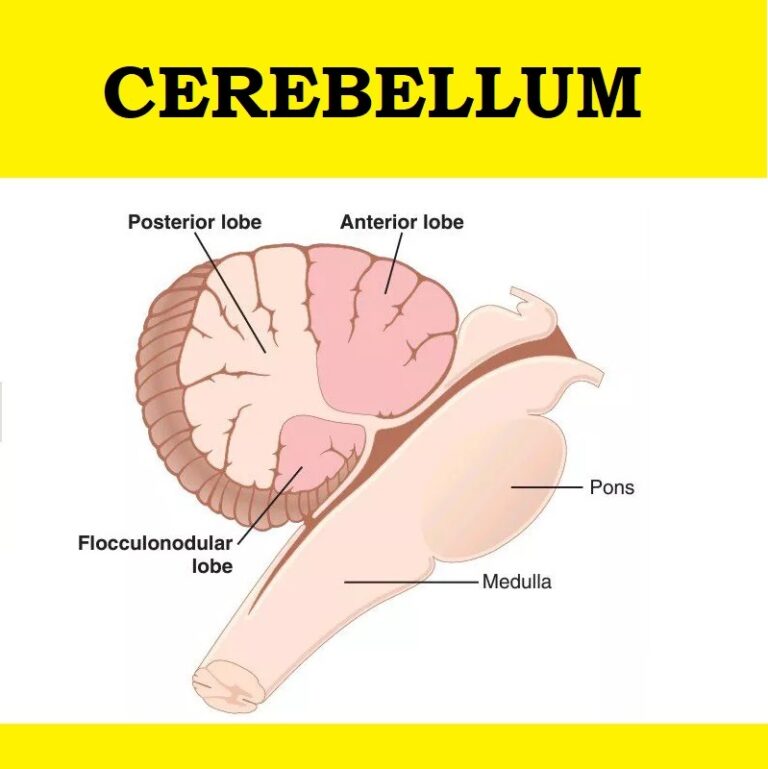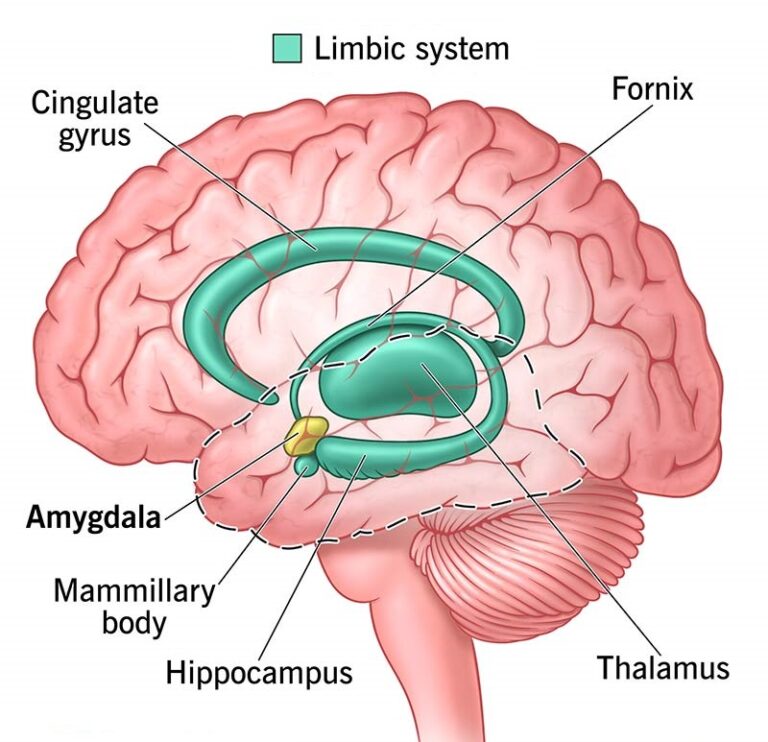
The prefrontal cortex (PFC) is responsible for decision-making, planning, impulse control, and problem-solving. Think of it as the CEO of your brain—it oversees everything, makes tough calls, and keeps the operation running smoothly.

5 Core Principles of the Prefrontal Cortex
1. Executive Control – The Decision-Making Boardroom
- The PFC weighs options before making a choice.
- It helps you resist impulsive decisions (like buying that expensive gadget you don’t need).
- It controls long-term planning and strategizing.
💡 Metaphor: Think of it like a boardroom of executives debating every decision before a company (your body) takes action.
🧠 Mini Challenge #1:
Imagine you have a big exam tomorrow, but your friends invite you to a late-night party.
👉 What does your PFC do?
A) Goes to the party because YOLO.
B) Plans a balanced study session and rewards you with a short break.
C) Panics and does nothing.
Clarity Score:
✅ If you chose B, your PFC is working well! (Score: 90%)
⚠️ If you chose C, you might need better planning skills. (Score: 60%)
❌ If you chose A, your PFC may need a self-control workout! (Score: 40%)
2. Impulse Control – The Traffic Light of Your Brain
- Prevents reckless decisions (like eating 5 donuts at once).
- Helps you manage emotions before reacting impulsively.
- Develops over time (which is why kids struggle with patience).
💡 Metaphor: Your PFC is like a traffic light—it tells you when to STOP impulsive actions and when to GO.
🧠 Mini Challenge #2:
You’re in a heated argument. What’s the best PFC-driven response?
A) Walk away, calm down, then respond logically.
B) Yell immediately to prove your point.
C) Say nothing and bottle up your feelings.
Clarity Score:
✅ A = 90% (Self-control mode activated!)
⚠️ C = 60% (Better than yelling, but not the best approach.)
❌ B = 30% (Impulse took over!)
3. Working Memory – Your Brain’s Sticky Notes
- Holds information temporarily (like remembering a phone number).
- Helps with multitasking and problem-solving.
- Essential for learning new things.
💡 Metaphor: Your PFC is like a sticky note—it holds thoughts briefly before you transfer them to long-term memory.
🧠 Mini Challenge #3:
Try to remember this number for 10 seconds without writing it down:
4728153
Now, type it out from memory.
Clarity Score:
✅ Perfect recall? 100%!
⚠️ Missed a number? 70% (Your working memory can improve with practice!)
❌ Completely forgot? 40% (Try memory exercises like repeating numbers aloud.)
4. Future Planning – The Time Traveler of Your Mind
- Predicts consequences of actions.
- Plans for the future (career goals, financial planning, etc.).
- Helps you delay gratification (like saving money instead of spending impulsively).
💡 Metaphor: Your PFC is like a time traveler—it visualizes your future and guides you toward long-term success.
🧠 Mini Challenge #4:
Think of a goal you want to achieve in 5 years.
👉 What small step can you take today to get closer to it?
Clarity Score:
✅ Clear, actionable step = 100% (Future-ready!)
⚠️ Vague idea = 60% (Needs refining.)
❌ No clue? = 40% (Time to activate future-thinking mode!)
5. Emotional Regulation – Your Inner Therapist
- Helps you stay calm under stress.
- Balances emotions with logic.
- Allows you to respond rather than react.
💡 Metaphor: Your PFC is like a therapist—it helps you process emotions rationally instead of letting them control you.
🧠 Mini Challenge #5:
You get a frustrating email at work. What do you do?
A) Take deep breaths, analyze the situation, then respond professionally.
B) Immediately fire off an angry reply.
C) Ignore it and hope it goes away.
Clarity Score:
✅ A = 90% (Emotional regulation mastery!)
⚠️ C = 60% (Not reacting is better, but addressing it is key.)
❌ B = 30% (PFC lost the battle!)
Mastery Path: PFC Growth Plan
🏆 Quick Win Milestones
✔ Week 1: Identify 3 impulsive habits and replace them with planned actions.
✔ Week 2: Strengthen working memory (try memorizing short lists daily).
✔ Week 3: Delay gratification (practice waiting before acting).
✔ Week 4: Emotion control challenge (pause before reacting in tough situations).
🔬 Research & References
- Miller, E. K., & Cohen, J. D. (2001). “An Integrative Theory of Prefrontal Cortex Function.” Annual Review of Neuroscience, 24(1), 167–202.
- Diamond, A. (2013). “Executive Functions.” Annual Review of Psychology, 64, 135–168.
- Zelazo, P. D., & Carlson, S. M. (2012). “Hot and Cool Executive Function in Childhood and Adolescence.” Developmental Neuropsychology, 35(6), 583–601.




